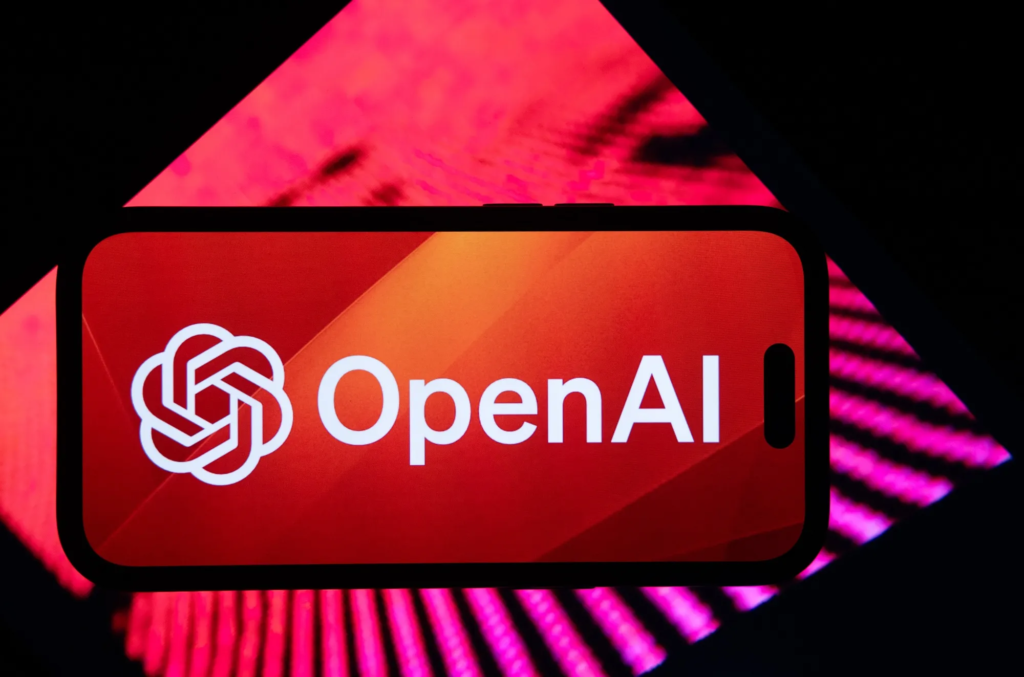Artificial intelligence leader OpenAI is preparing to pivot from its founding status as a nonprofit to a for-profit organization. According to Reuters, this alteration will help OpenAI to pull in additional investors and raise its valuation, which is said to be under consideration at $150 billion. Essential to this restructuring is the opportunity to provide CEO Sam Altman a 7% stake in the company, which represents a major change from his earlier position of not owning equity.
Founded in 2015 as a nonprofit research entity, OpenAI was committed to serving the needs of “all of humanity” through AI benefits. The company’s pivot to a for-profit benefit corporation, which allows for balancing financial and social aims, calls into question its ongoing commitment to its original mission. It is reported that AI competitors like Anthropic and Elon Musk’s xAI have taken on similar commercial benefit structures.
Altman’s First Equity Stake
An important element of the restructuring is that Sam Altman gets equity in the for-profit corporation. Bloomberg reports that the current talks could see Altman receive a 7% share in the restructured company. So far, Altman resisted accepting equity in OpenAI, presenting himself as a leader impartial to the company’s ambitions. The change represents OpenAI’s move towards behaving more like a profit-oriented enterprise.
Please follow us on Facebook and Twitter.
Under the suggested proposal, the nonprofit division would remain operational, but would only preserve a small percentage of the new for-profit enterprise, permitting extra investors and the possibility of greater returns. As an important investor in OpenAI, with billions already committed, Microsoft will reap major benefits from these alterations, especially if OpenAI’s value keeps climbing.
From AGI to Commercial Growth
OpenAI’s quick success has shaped its progress, and this new direction looks to enhance its growth even more. First formed to emphasize the development of safe artificial general intelligence (AGI), the 2019 establishment of OpenAI LP as a for-profit subsidiary enabled the company to broaden its operations and create hit products such as ChatGPT and DALL-E. The nonprofit arm still managed the for-profit subsidiary to make sure the mission stayed directed towards the benefit of humanity.
As part of the active restructuring, OpenAI is looking into eliminating the returns cap for investors (a change probably to draw in venture capitalists). The pivot in focus has made OpenAI a more engaging option for investors, but it has also caused anxiety about the firm’s commitment to its mission of prioritizing safety and sharing AI innovations for the greater good.
Critics like Elon Musk, who co-founded OpenAI and left in 2018, have voiced concern about the company’s increasingly commercial direction. Musk, who sued OpenAI earlier this year, argued that its alliance with Microsoft violated its initial agreement to make AI advancements freely available to the public. Although he withdrew the suit in June, Musk revived it in August, citing the same concerns about OpenAI’s open-source commitment.
Leadership Turmoil and Boardroom Shifts
The restructuring by OpenAI arises after a chaotic period for the company’s leadership. In November 2023, Sam Altman was rapidly displaced from his CEO position after experiencing internal opposition to the firm’s business focus. Quickly following his reinstatement came strong support from both employees and investors. This episode brought attention to the rising tension present between the social aspirations of OpenAI and its current pathway to becoming a major player in consumer technology.
Since that time, OpenAI has performed several actions that seem to enhance Altman’s control. The firm has turned its attention from extensive ‘AI safety’ studies to the development of its infrastructure for more user-centric AI models. Several board members and senior individuals who resisted this direction have either gone or been discharged.

On Wednesday, it was announced by veteran Chief Technology Officer Mira Murati that she was leaving OpenAI. According to Murati, a core member of the ChatGPT and DALL-E development team, she is stepping out to ‘create the time and space to do my own exploration.’ The exit of Murati comes after Greg Brockman, a co-founder and president who was instrumental in OpenAI’s early days, took a short leave.
As OpenAI transitions to a for-profit model, the way forward is packed with both chances and unpredictability. If Altman continues to expand his impact and if the company successfully receives large financial support, it may become a major player in the AI industry, although potentially at the sacrifice of its fundamental principles.





